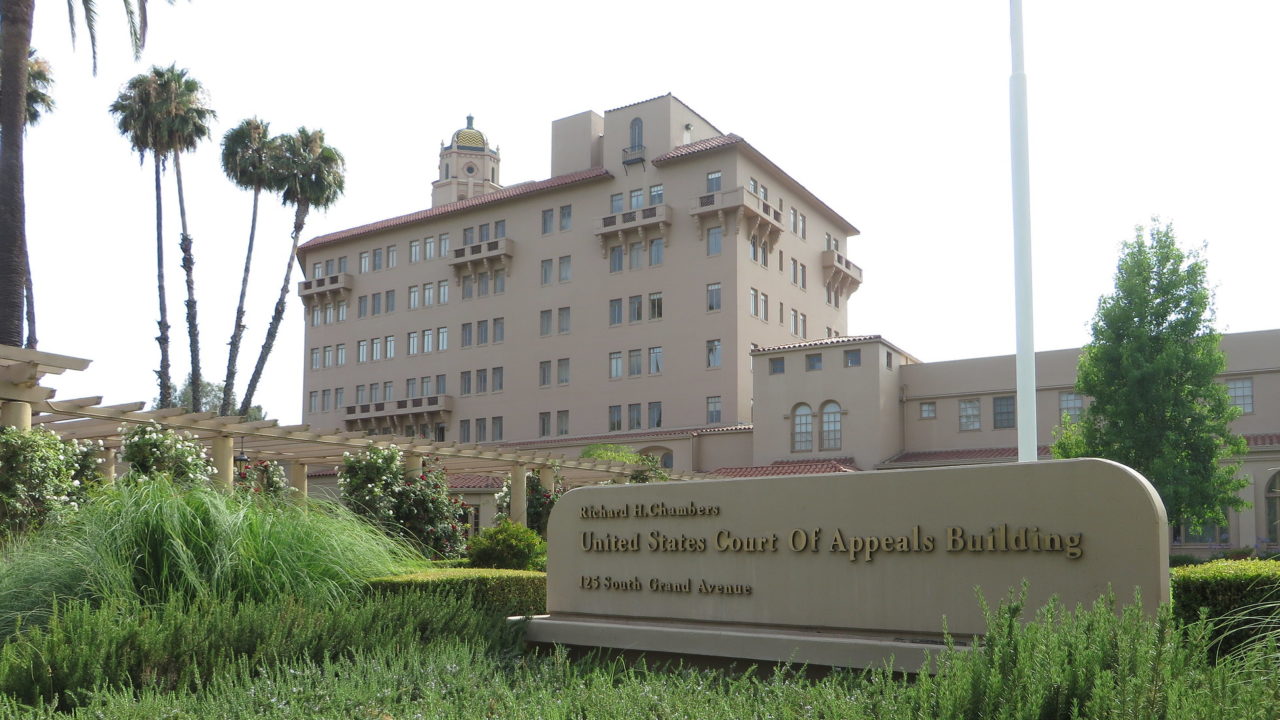
Case Update
Case Status: Loss
Jeffrey Barke et. al v. Eric Banks et al.
- Categories:
- Freedom of Speech
Ninth Circuit Hears Oral Arguments in California Free Speech Challenge
On October 21st, the Ninth Circuit Court of Appeals heard oral arguments in Barke v. Banks, CIR’s free speech challenge to California government code Section 3550 brought on behalf of seven elected officials. The law prohibits public employers from saying anything that could “deter or discourage” union membership. The district court dismissed the case last year for lack of standing. Judge Josephine Staton found that the law only applied to public employers, such as school boards and city councils, but not to their individual, elected members. CIR appealed.
Lead counsel David Schwarz argued the case before a three judge panel. Schwarz argued that Section 3550 imposes real, legal consequences on elected officials and not just government bodies. When the Public Employment Relations Board (PERB) determines that a public employer has violated the law, it issues an injunction that is binding on each of the body’s members. Members must then choose between self-censorship or risking a contempt finding.
As a result, the law chills the speech of elected representatives, who frequently speak in their individual capacities in legislative debate, election activities, and meetings with constituents. Section 3550 allows union officials to file a complaint of unfair labor practice whenever it believes an official has said something that might “deter or discourage” union membership. At that point, PERB must do a retrospective factual inquiry to determine whether the speech was personal or official.
According to PERB, virtually any speech by an elected official may be attributed to their employer, depending on the particular facts and circumstances. Since there is no way to know in advance how PERB will rule, elected officials such as school board or city council members routinely refrain from legitimate, constitutionally protected speech about union issues.
Judges Callahan and Forrest expressed concern that there is no rule to determine when elected officials are speaking in their personal capacities and when they are speaking on behalf of the government. Judge Callahan pointedly explained that the retrospective factual review is vulnerable to abuse. “That discretion… is what makes people nervous,” Judge Callahan explained. “Because then it’s in the eye of the beholder.” “That’s what gives chills up people’s back,” she continued.
- Watch the oral argument
